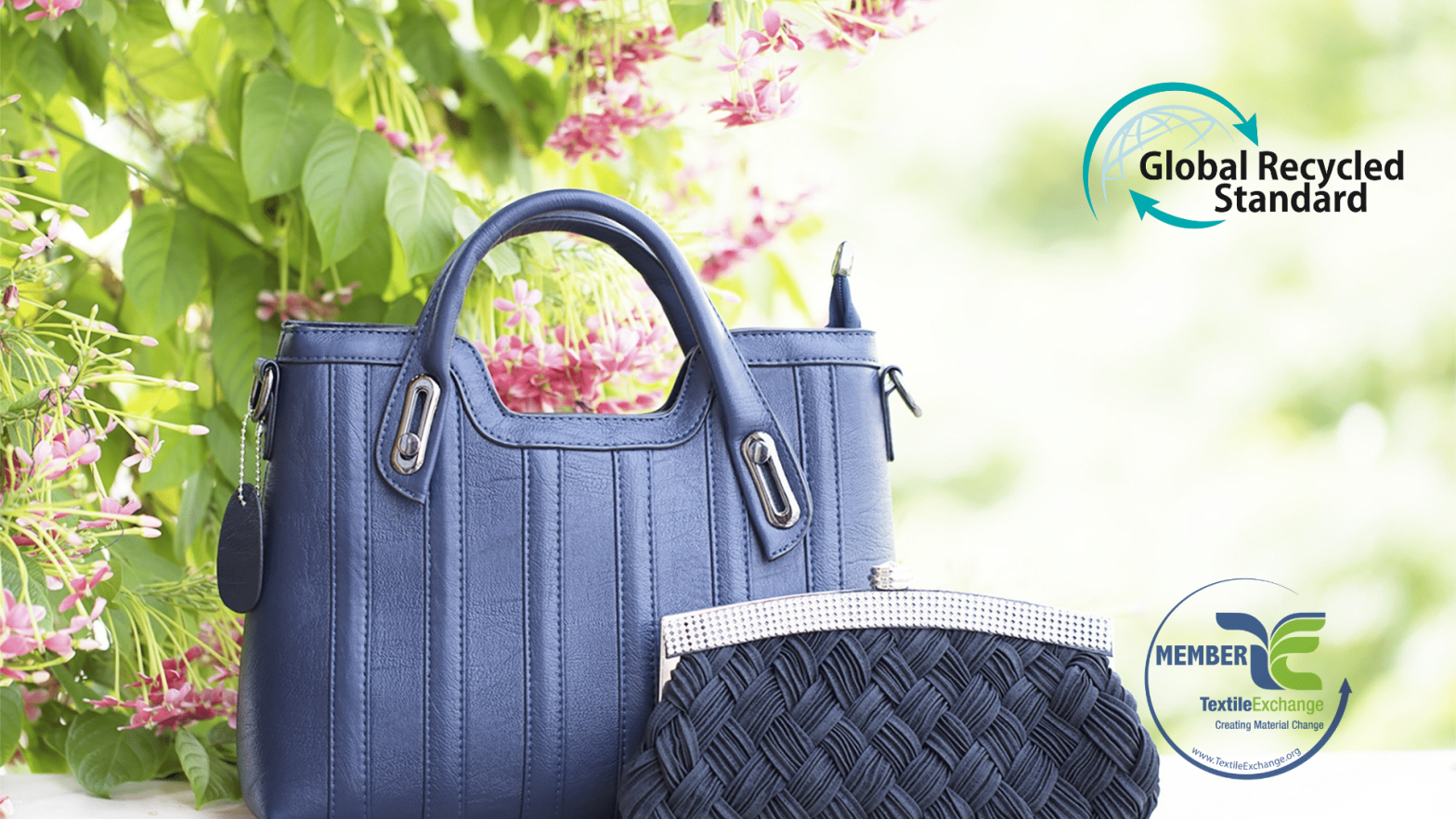A savvy brand manufacturer will know that in today’s marketplace, it’s not enough to create products that look good. Sustainability and environmental consciousness are paramount to both buyers and consumers, so manufacturers must demonstrate a commitment to eco-friendly and ethical practices. One reliable way to build trust and earn credibility is through earning certifications. These globally recognized credentials instantly showcase a company’s commitment to quality and standards. This article will delve into the significance of the GRS (Global Recycled Standard) certification within the bag manufacturing industry. By understanding its value, your company can reap the benefits of this certification and discover newfound growth.
Overview of the GRS Certification
The Global Recycled Standard (GRS) certification is a comprehensive program focusing on enhancing sustainability, transparency, and responsible production in the textile industry by promoting recycled materials.
Launched to address the environmental impact of textile production and consumption, the GRS certification sets standards for the processing and traceability of recycled materials within textile production. There were six main objectives in mind while creating the certificate. The following are the listed objectives:
- Creating a united definition of the term ‘recycled’ when used during different applications
- Promoting supply chain transparency of recycled goods
- Helping consumers make informed decisions when they shop
- Reducing the negative environmental impact associated with textile production
- Certify that recycled materials are genuine and processed sustainably.
- Driving innovation when it comes to using recycled materials in the textile industry
The GRS encourages using recycled materials to reduce waste generation and minimize the consumption of natural resources. It verifies the recycled content presence and ensures eco-friendly practices in the supply chain.
Textile Exchange is a nonprofit managing certification for the sustainable and ethical textile industry.
Standards and Requirements
GRS certification encompasses a set of exacting standards and requirements. To obtain GRS certification, textile manufacturers must demonstrate compliance with the following criteria:
- Traceability and Transparency. Manufacturers must demonstrate and continually update a traceability system that tracks the use of recycled materials throughout their supply chain. This shows exactly where the materials come from and in which products they will be used.
- Percentage of Recycled Content. To be certified, products must contain a minimum percentage (20%) of recycled materials. Sources must be clearly documented, this prevents greenwashing by being upfront about the amount of recycled materials within any product.
- Environmental Requirements. Manufacturers should implement effective systems for managing waste and hazardous chemicals and comply with environmental regulations at all levels.
- Social and Ethical Criteria. Manufacturers must ensure fair labor practices and safe working conditions in compliance with laws.
Benefits and Significance
GRS certification benefits bag manufacturers and brands’ consumer relationships.
GRS certification enhances a manufacturer’s reputation both within the industry and among consumers by highlighting its commitment to sustainable practices and responsible sources. It increases brand loyalty by building trust among consumers and stakeholders, as many retailers and shoppers prioritize brands with recognized sustainability credentials
Manufacturers will find that a GRS certification may open doors to new markets, providing them with a competitive edge that aligns with the ethical and environmental values of eco-conscious consumers.
On an internal level, adhering to GRS standards gives bag manufacturers the opportunity to reduce waste, conserve natural resources, and minimize their environmental imprint. It demonstrates social responsibility and positions them as leaders in the world of sustainable manufacturing. The certification ensures compliance with environmental and labor regulations, which in turn fosters a culture of responsible business practices.
Additionally, implementing GRS requirements leads to more streamlined manufacturing processes by optimizing resource utilization. This can lead to improved operational efficiency and saved costs, which benefits any company’s bottom line.
Certification Process
The GRS certification process involves several key steps.
First, manufacturers must submit an application accompanied by relevant documentation. This includes factory policies, procedures, and records related to the use of recycled materials and environmental management. Once received, the Textile Exchange reviews the submitted documents to ensure compliance with GRS requirements.
If approved by Textile Exchange, an accredited third-party auditor will conduct an on-site inspection of the factory to physically assess the manufacturer’s compliance with GRS standards. The audit evaluates numerous aspects, from material traceability and manufacturing processes to social and environmental practices. If any non-compliances are discovered during the audit, the manufacturer must create and implement a corrective action plan to rectify them.
Finally, once any corrective actions are completed, the manufacturer can receive their GRS certification. Regular surveillance audits are conducted to ensure ongoing compliance with the standards.
Industry Relevance
With its links to the Textile Exchange, GRS certification holds particular relevance in the textile and bag manufacturing industries.
As the demand for eco-friendly products within the fashion world continues to grow, the GRS certification is extremely advantageous for bag manufacturers. Especially those seeking to align their operations with the expectations of consumers and brands committed to sustainability and ethics.
Numerous brands and manufacturers, including Recrylic and Gore Fabrics, have experienced the positive impact of GRS certification on their textile production. Certified companies have witnessed improved supply chain transparency, reduced environmental impact, and enhanced social compliance. Moreover, they have gained a competitive advantage by attracting conscious consumers and socially responsible retailers.
Embracing GRS certification in the bag manufacturing industry signifies a commitment to sustainability, responsible sourcing, and positive change. By pursuing this certification, bag manufacturers can enhance their reputation, access new markets, and forge long-term partnerships with like-minded stakeholders. It is not only a strategic business decision but also a testament to their dedication to ethical standards and environmental stewardship.
